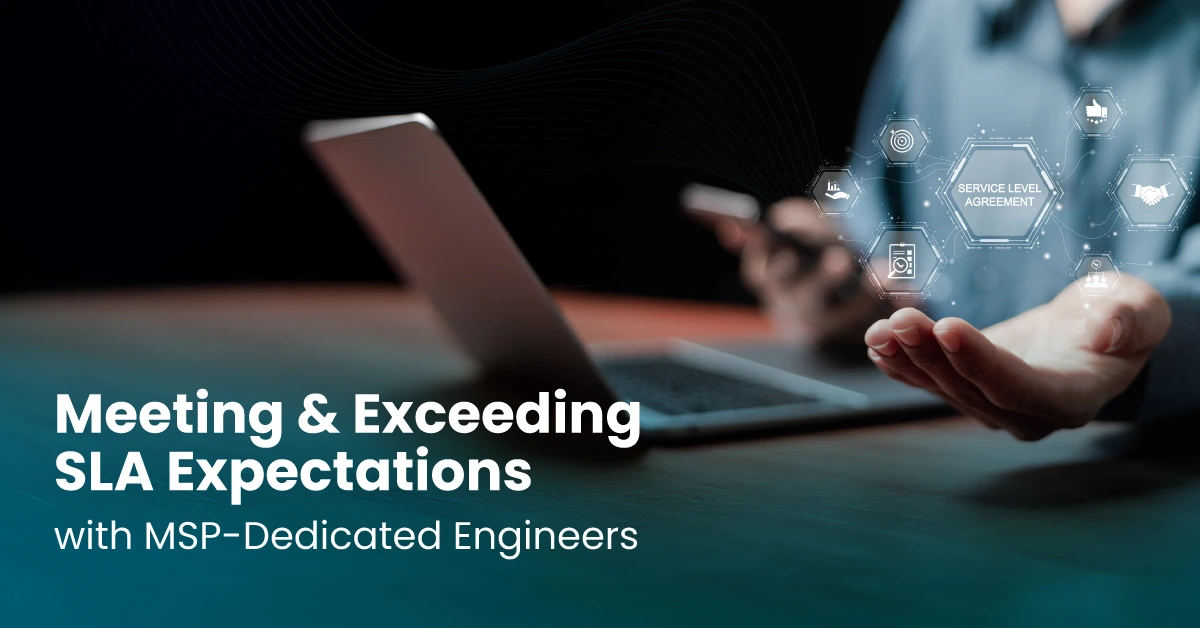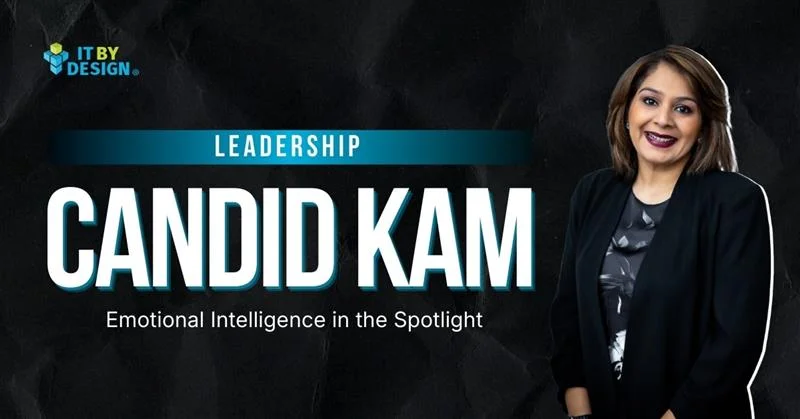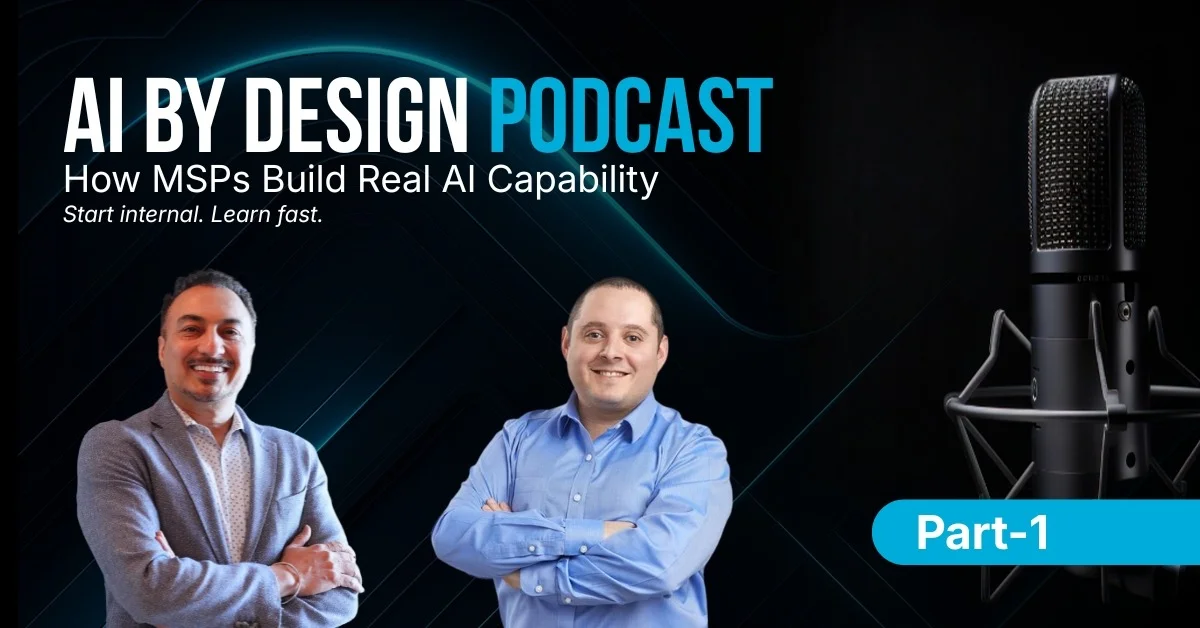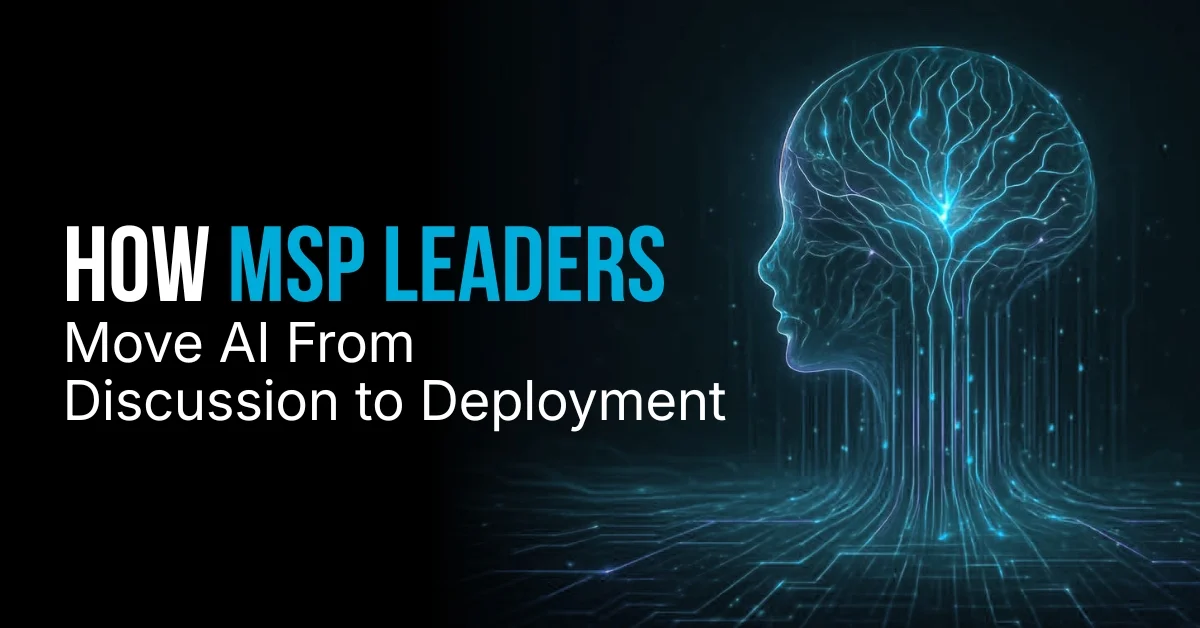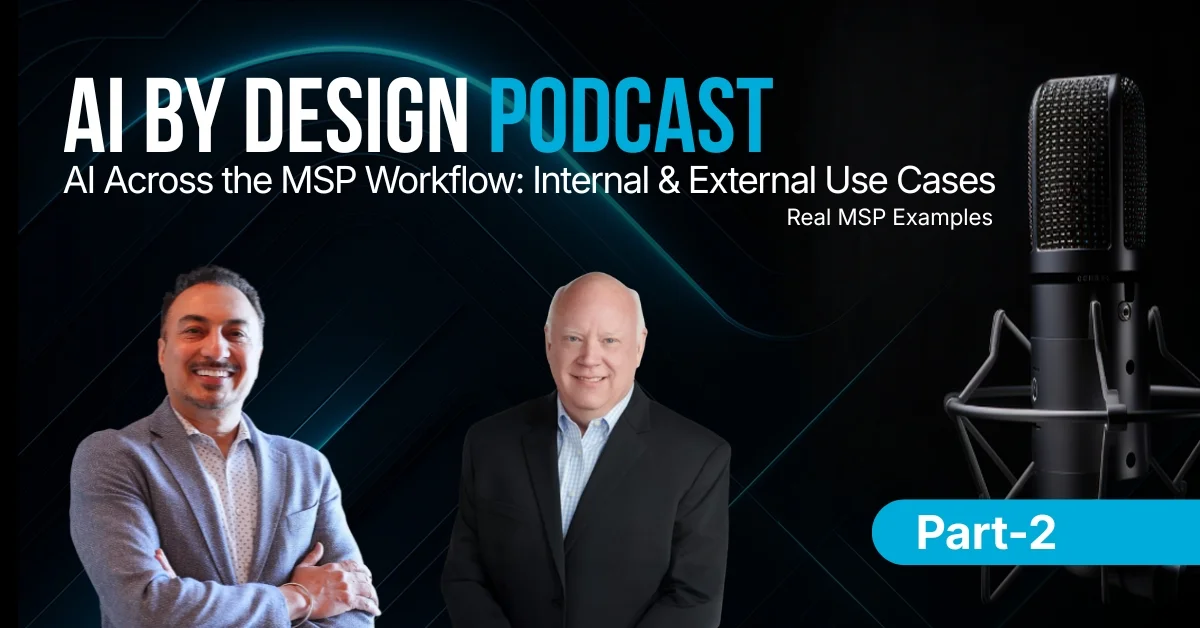System failures aren’t just frustrating—they’re devastating to your bottom line. When customers can’t access services, each tick of the clock represents dollars slipping away. Companies can crumble under the weight of repeated outages, watching helplessly as clients jump ship to more reliable competitors. This is where msp dedicated engineers become your secret weapon. They’re not just technical resources—they’re business lifesavers who transform your SLA approach from “barely meeting requirements” to “consistently exceeding expectations.” The insights below come from fifteen years of industry experience.
Understanding SLAs and Their Business Impact
Consider the case of a CEO who couldn’t understand why his company lost a million-dollar client. “But we only missed our response time SLA twice,” he protested. What he didn’t grasp was that SLAs aren’t just technical metrics—they’re promises that directly impact business relationships.
Defining SLAs in Today’s IT Landscape
Gone are the days when a simple uptime guarantee would satisfy clients. Modern SLAs have teeth—with specific commitments around response times, resolution windows, and even application performance thresholds. With businesses running on hybrid infrastructures and cloud platforms, these agreements have grown incredibly complex.
Key SLA components that dedicated engineers must master:
- Response time commitments (the difference between 15 minutes and 4 hours can be business-critical)
- Resolution time windows that vary by severity (P1 issues demand all hands-on deck)
- Availability guarantees that clients care about (hint: it’s rarely about the percentage)
- Performance thresholds that impact user experience (slow is the new down)
For MSP engineers working across multiple client environments, this complexity is both challenging and rich with opportunity. Dedicated engineers who truly understand these nuances become irreplaceable partners to organizations drowning in SLA complexity.
The Real Cost of SLA Failures
During a recent industry case study, executives estimated the cost of their last major outage at about $50,000. After calculating lost transactions, rush remediation costs, and customer credits, the actual figure topped $350,000—for a four-hour incident.
The hidden costs of SLA breaches that finance teams often miss:
- Immediate revenue loss that never appears in reports (customers who simply go elsewhere)
- Brand erosion that makes marketing teams’ jobs exponentially harder
- The domino effect on other systems and departments (HR teams can get buried in tickets)
- Regulatory penalties that appear months later (particularly in finance and healthcare)
- The competitive opening handed to rivals (who will absolutely mention your failures)
Research from PwC shows that 32% of customers will leave a brand they love after just one bad experience. In practice, that number jumps even higher in B2B relationships where a single failure can trigger contractual exit clauses.
Remote engineers who truly get this business context approach their work completely differently. They’re not just fixing technical issues—they’re protecting business relationships, revenue streams, and market position. That perspective is what separates exceptional dedicated engineers from merely competent technical resources.
The Dedicated Engineers Advantage for SLA Performance
When evaluating IT support models, it’s remarkable how many organizations still rely on generalist approaches to specialized problems. The results speak for themselves.
Why Dedicated Engineers Outperform Traditional Support Models
A financial services firm recently switched from an in-house 9-5 support team to a distributed model with dedicated engineers. Their average incident resolution time dropped from 4.3 hours to 47 minutes—not because the dedicated engineers were inherently smarter, but because the model itself offered structural advantages.
Benefits of dedicated engineers observed in the field:
- Real incidents don’t respect business hours (more systems fail at 2 am than 2 pm)
- Global coverage eliminates the “waiting for someone to wake up” delay that kills SLAs
- Specialized expertise becomes financially viable (try hiring a full-time PKI expert in-house)
- Cultural diversity brings multiple problem-solving approaches (teams get unstuck because someone sees the problem differently)
When hiring dedicated engineers, look beyond technical skills to evaluating their communication abilities. The best Remote Security Engineers aren’t just technically brilliant—they can explain complex vulnerabilities to C-level executives in ways that drive action.
MSP engineers often bring a valuable perspective from working across multiple environments. This cross-pollination of ideas leads to innovative solutions that purely in-house teams would never discover.
Building the Optimal Dedicated Engineers Team
Building successful support teams requires getting the mix right. Organizations need both specialists and connectors—people who dive deep and people who connect the dots.
Essential roles in a high-performing dedicated engineers’ team:
- Remote Security Engineers who think like attackers (defensive skills alone aren’t enough)
- IT Support Engineers with exceptional diagnostic abilities (not just solution implementers)
- IT Service Engineers who understand business processes (the ITIL certification is just the start)
- Cloud specialists who stay current (last year’s Azure best practices could be this year’s anti-patterns)
- Automation-minded individuals who hate repetitive tasks (they’ll transform your efficiency)
The best IT Support Engineers share a common trait: they’re like detectives, obsessively curious about root causes rather than just applying quick fixes. When recruiting dedicated engineers, testing for this investigative mindset pays dividends.
Remote engineers need specific skills that in-office staff might not. The hiring process for dedicated engineers should prioritize written communication skills, self-direction, and documentation discipline—qualities that become critical when teams are distributed.
Strategic Implementation of Dedicated Engineering Teams
After observing dozens of organizations implementing dedicated support models, both spectacular successes and painful failures have been documented. The difference often comes down to integration approach and supporting infrastructure.
Integration Models for Dedicated IT Service Engineers
There’s no one-size-fits-all approach to integrating dedicated engineers. The most successful implementations tailor their approach to organizational culture and existing capabilities.
Integration options with proven success:
- Full outsourcing works best for organizations with limited internal IT (a manufacturing client reduced incident by 64% this way)
- Strategic augmentation shines when you have strong internal fundamentals but need specialized skills – exactly where ITBD co-managed engineering services come in.
- The Center of Excellence model creates a focused team that elevates everything around it
- Project-based specialists can transform specific initiatives while knowledge transfers occur
One healthcare provider tried to jump directly to a fully outsourced model without transition planning. The results were disastrous. When they reset and implemented a phased approach with dedicated IT Service Engineers acting as bridges, they achieved the same goals without the organizational trauma.
Onboarding remote engineers requires intentional knowledge transfer. The most successful implementations include shadowing periods, paired problem-solving, and structured documentation requirements.
Technology Infrastructure to Support Remote Engineers
The tools provided can make or break remote engineers’ effectiveness. This lesson becomes painfully clear when organizations refuse to invest in proper remote access tools, then wonder why their dedicated engineers can’t resolve issues quickly.
Essential technology investments for remote success:
- Enterprise-grade remote access (consumer-grade tools fail at the worst possible moments)
- Collaboration platforms with persistent chat and video capabilities
- Monitoring systems that provide context, not just alerts (why is this metric important?)
- Ticketing systems that surface SLA thresholds prominently
- Knowledge management that’s usable (not just a document graveyard)
According to IBM’s Cost of a Data Breach Report, organizations with security AI and automation deployed experienced breach costs of $2.90 million on average – compared to $6.71 million at organizations without these technologies. This difference becomes clear when observing Remote Security Engineers equipped with proper tooling versus those trying to monitor security manually.
When hiring remote engineers, evaluate their adaptability to your tool ecosystem. The best MSP dedicated engineers combine deep technical knowledge with process discipline that ensures these tools get used consistently.
Best Practices for Azure Cloud Engineers and Security Teams
After numerous cloud migrations, it’s evident that dedicated cloud expertise transforms SLA performance. The difference between average and exceptional implementation is striking.
Azure-Specific SLA Management Techniques
Most Azure newcomers miss the forest for the trees, focusing on individual service SLAs rather than end-to-end experience. Skilled Azure Cloud Engineers redesign entire architectures to eliminate single points of failure that aren’t obvious to less experienced teams.
Azure best practices from the trenches:
- Multi-region isn’t just for global businesses (local companies can be crippled by regional outages)
- Health models should reflect business impact, not just technical status
- Automated recovery beats manual intervention every time (especially at 3 am)
- Proactive capacity management prevents the most embarrassing failures
- Performance testing under real-world conditions uncovers the issues synthetic monitoring misses
One organization’s Azure Cloud Engineer implemented a traffic shifting strategy that allowed them to survive a major Azure regional incident while competitors went down hard. Their customers never noticed the disruption, while their sales team capitalized on the competitive advantage for months afterward.
MSP engineers who’ve worked across multiple Azure environments bring battle-tested patterns that can transform reliability. The Azure Cloud Engineer who’s already solved your exact problem elsewhere brings invaluable shortcuts to resolution.
Security Compliance Through Dedicated Remote Security Engineers
Security failures are SLA failures—full stop. Companies can maintain perfect technical uptime while suffering devastating security breaches that destroy client trust. Remote Security Engineers who understand both security and business context are worth their weight in gold.
Critical security capabilities to look for in Remote Security Engineers:
- Threat hunting mindset (waiting for alerts is always too late)
- Business context awareness (knowing which systems matter)
- Automation skills that scale protection
- Communication abilities that drive action, not just awareness
- Tabletop exercise experience that builds organizational muscle memory
The most effective Remote Security Engineers implement continuous validation rather than point-in-time assessments. They’re constantly testing assumptions, running scenarios, and validating controls—not just checking compliance boxes.
For regulated industries, dedicated Remote Security Engineers play an essential role in maintaining the “paper trail” that regulators demand. One financial services firm’s Remote Security Engineer saved them from a seven-figure fine by maintaining meticulous documentation that proved due diligence during an incident.
Measuring Success: KPIs for Your Dedicated Engineers Team
After multiple dedicated support model implementations, it’s clear that measurement makes the difference between perceived and actual success. The metrics you choose shape behavior.
Quantitative Metrics Beyond Basic SLA Compliance
While meeting SLAs is the minimum requirement, exceptional dedicated engineers deliver much more. The most useful metrics capture both operational excellence and business impact.
Advanced KPIs that reveal true value:
- MTTR segmented by issue type and severity (averages hide important patterns)
- Problem elimination rate (how many issues never recur thanks to permanent fixes)
- Business impact minutes (downtime weighted by user count and criticality)
- Automation value delivered (hours returned to the business)
- Knowledge base contribution quality (not just quantity)
One team of IT Support Engineers reduced their ticket volume by 42% while supporting more users—not by ignoring issues but by systematically eliminating common problems through automation and user education. That’s the kind of impact that transforms the perception of IT.
MSP engineers often excel at cross-pollinating solutions across clients. The metrics should capture this innovation transfer and the accelerated resolution it enables.
Qualitative Improvements from MSP Engineers Partnerships
Some of the most valuable contributions from dedicated engineers can’t be reduced to simple numbers. Sophisticated assessment approaches can capture these qualitative benefits.
Qualitative indicators worth tracking:
- Executive confidence in IT capabilities (measured through structured interviews)
- User experience improvements (captured through focused surveys)
- Knowledge transfer effectiveness (can your team now handle what required specialists did before?)
- Process maturity advancement (are you more predictable and consistent?)
- Strategy enablement (is IT enabling new business capabilities?)
A team of IT Service Engineers transformed one client’s release process from a monthly outage risk to a non-event through systematic process improvements. The metrics showed reduced downtime, but the real value was the newfound confidence their business partners had in launching new features.
Conclusion: Transforming SLAs from Obligations to Opportunities
After fifteen years in the industry, organizations treating SLAs as mere checkboxes fall behind those seeing them as pathways to excellence. The difference? Dedicated engineers who combine technical expertise with business acumen.
Whether you’re battling security vulnerabilities, reliability issues, or runaway cloud costs, the right dedicated engineers transform challenges into competitive advantages.
MSP engineers bring valuable cross-industry insights, remote engineers expand your talent pool, and specialized IT engineers build solutions while supporting daily operations.
The real question isn’t if you can afford dedicated engineers—it’s whether your business can survive without them when every moment of downtime impacts your bottom line.
Ready to transform your SLA performance into a competitive edge? Partner with IT By Design for battle-tested remote engineers who’ve solved these exact challenges for businesses like yours. Visit our website to turn IT headaches into business victories that drive growth and satisfaction.

